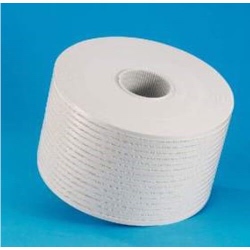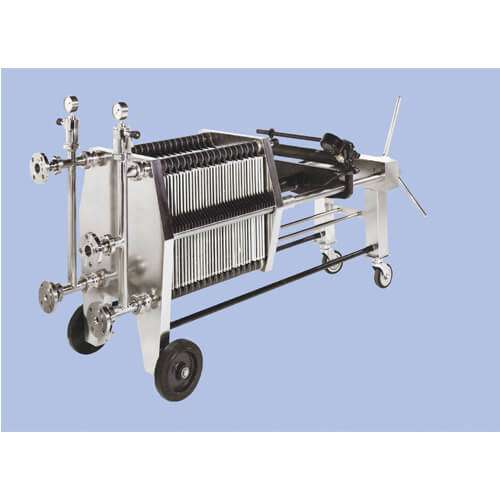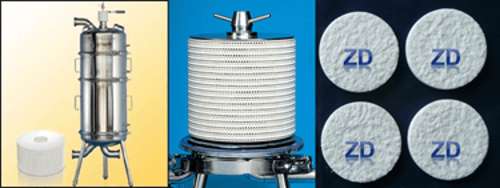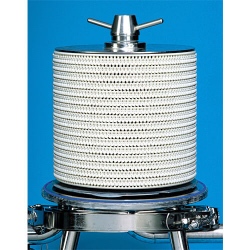Why is polishing filtration needed?
After primary clarification, stabilization, and maturation, fining agents, crystals, colloids and bacteria may still be present in the cider. Polishing filtration is designed to remove these substances to produce a brighter cider with improved filterability. This improvement will ensure that the final filtration step, to remove unwanted microbial contaminants immediately prior to bottling, is successful.
If a cider has recently been clarified with a crossflow filter or other clarifying filter, polishing may not be needed prior to final filtration at bottling. However, if the time between clarification and bottling is too long*, the cider’s filterability may decrease, and polishing filtration will be needed to permit successful final filtration.
Increase the Efficiency of Final Filtration
Sheet-based filtration products are typically used for polishing filtration in cidermaking. These products are comprised of a mixture of materials including cellulose, diatomaceous earth, and perlite that provide an excellent combination of adsorption, surface, and depth filtration.
Key attributes of a good polishing filter are:
- Removal of undesirable colloids which are strongly linked to membrane fouling*
- Microbial reduction, to reduce the load on pre and final filters at bottling
- Maintains organoleptic properties
- High yield
- High flow rate
Ready to learn more? Contact us to speak an expert about the right cider filtration solution for you.
Our Unique Technologies Improve Performance in Polishing Cider
Traditionally the preferred format for this media is a flat sheet. As a consequence, many cideries still use a filter press similar to the one below for this purpose.
* (Czekaj, P., López, F. & Güell, C. (2000) Journal of Membrane Science, 166, 199–212).
While effective, flat filter sheets do have disadvantages:
- Filter sheets configured in a plate and frame unit are an open system.
- This potentially exposes the cider to risk of contamination from the outside environment.
- With multiple sheets assembled in parallel, installation and assembly is labor intensive.
- Additionally, with sealing dependent on the operator and equipment maintenance, edge leakage is common and results in product loss and unsanitary conditions.
Pall has responded to these drawbacks by introducing unique technologies in enclosed housings to improve performance in polishing cider.
-
SUPRApak™ Depth Filter Modules
Download: -
Seitz K Series Filter Sheet
Download:

SUPRApak™ Depth Filter Modules
These depth filter modules, the newest development in sheet filtration technology are designed to give cidermakers a superior option for reducing costs and improving yields. Especially useful for high volume cider production, one SUPRApak housing can replace up to 150 60cm x 60cm sheets.







